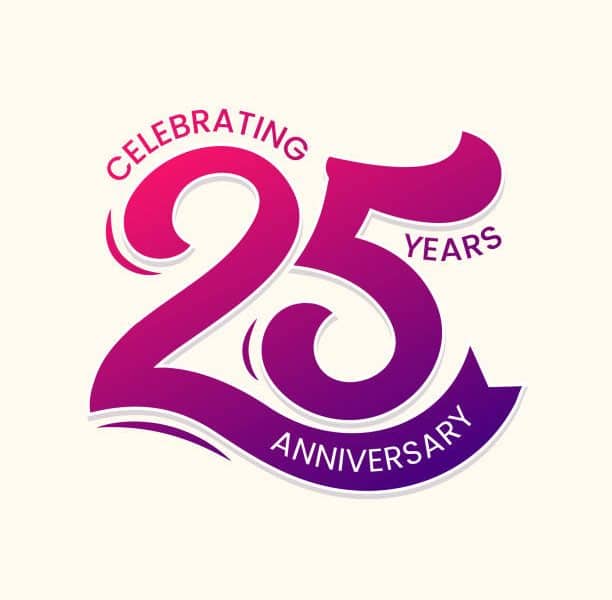

Credit: Jason A. Howie on Flickr, under Creative Commons (CC BY 2.0)
NEW YORK (WOMENSENEWS)–On June 10 the media campaign team UltraViolet launched an awareness campaign about Deric Lostutter, the hacker who brought to light the case of a high school student’s rape last year by student athletes in Steubenville, Ohio.
Lostutter is facing 10 years in prison while the rapists will serve no more than two years, says UltraViolet on its website. “He could get more prison time than the two convicted rapists,” the group said in a briefing on the case that they are publicizing online.
It’s the latest media awareness campaign by Nita Chaudhary and Shaunna Thomas, founders of UltraViolet, which has a staff of three in addition to the two founders.
One of the group’s latest victories was a campaign in April that targeted U.S. rapper Rick Ross for boasting about date rape in his lyrics and ended with his commercial sponsor Reebok, the Massachusetts-based sports brand, cancelling his contract.
Chaudhary said she and Thomas have been surprised by the amount of time they have wound up spending on issues surrounding violence against women, such as “the role that guns play on domestic abuse, or the conversation about rape culture.”
The successes began about 16 months ago, before the pair was even ready to start work. At that point, the two women were on their way to New York from Washington, D.C., to meet with potential supporters when they received an email on their smartphones. The Susan G. Komen Foundation intended to pull cancer screening grants from Planned Parenthood over abortion politics.
It was early February 2012. The plan was to launch their UltraViolet project that summer, but the starting point arrived early.
“We literally dropped everything right there and said we have to do something about this,” said Chaudhary in a recent conference call on Skype.
They asked former colleagues at Moveon.Org and CREDO SuperPac to launch a campaign, but no one was available just then. Chaudhary and Thomas decided to run the campaign themselves and asked their former colleagues for some help getting started.
“If you get us some supporters to organize with, if you can just send out emails to your members, ask them to sign up and join the campaign with UltraViolet then we can do the rest; and they did,” Chaudhary said.
The petition gathered just under a million signatures, Chaudhary said, and was delivered to the Komen Foundation’s headquarters in Dallas.
“By the end of that week, the Komen Foundation had decided to reverse its decision and to reinstate Planned Parenthood‘s funding,” Chaudhary said.
Sustaining the Pressure
After that victory, Chaudhary and Thomas kept the pressure on the Komen Foundation with a second campaign seeking the resignation of Karen Handel, who was the architect of the decision to defund Planned Parenthood.
Within a week of intensive press coverage and online activism Handel resigned.
“In about two weeks we went from an organization of very few members to an organization of about 200,000 at that time,” Chaudhary said. “Ever since we launched, it has been one thing after another. Literally not a day goes by when there isn’t a campaign that we are running on behalf of women.”
Since their start with the Komen campaign, the founders said they have launched about 30 similar online campaigns, with a high degree of success.
But not every campaign has succeeded. “We don’t always win,” Chaudhary said. “For example, neither Hobby Lobby nor Eden Foods have withdrawn their lawsuits to get out of covering birth control for their employees.”
Yet, she said their media campaigns have damaged their brands in the eyes of women. “That is how we build power, and how we win the next campaign,” Chaudhary said.
The roster of wins is impressive. Last year, UltraViolet pressed for the reauthorization of the Violence Against Women Act that eventually was passed by the Congress in February 2013.
“We gave about 15,000 phone calls to members of Congress who were on the fence, we did a lot of education and emphasized the need to extend protection to Native American women,” said Chaudhary.
Chaudhary added that UltraViolet was the first to launch an online petition last year after radio host Rush Limbaugh called Georgetown Law student Sandra Fluke a “slut.”
“In the first couple of days, 75,000 people signed that petition,” Thomas said. “Thousands made calls and tweeted advertisers and in the course of that campaign many organizations joined and about 140 advertisers dropped his show, the majority of which still have not gone back. It was a huge win!”
Street Protests, Phone Lobbying
UltraViolet combines online activism with street protests and phone lobbying.
Its community of about 400,000 men and women are on alert for signs of sexism and to show support for women’s safety, health care, economic security and reproductive rights.
“Women don’t have enough vehicles for making their voices heard, and that’s where UltraViolet comes in,” said Thomas.
Chaudhary and Thomas started to work together in 2008 in Washington when Chaudhary was the campaign organizing director at MoveOn.Org Political Action and Thomas was executive director of the P Street Project, the lobbying arm of the Progressive Change Campaign Committee.
During their work, they both noticed the sexist-dominant atmosphere in Capitol Hill.
“In order to get anything done in D.C., you will have to throw women under the bus to do it,” said Chaudhary.
Before choosing a campaign, Chaudhary and Thomas quickly test a random sample of their membership.
“We monitor how they respond to it, their feedback and if they take the actions we tell them to do,” said Chaudhary. “It can go pretty quickly from the time the news breaks to the launch of the petition.”
The color in the group’s name is associated with the historic symbolism of purple in the U.S. women’s suffrage movement, second-wave feminism in the 1970s and LGBT empowerment.
Chaudhary added, “UltraViolet lights are sort of the most powerful rays on the spectrum and they expose things that people don’t want to see, and our mission is to expose things people are uncomfortable confronting, especially with respect to sexism.”
Hajer Naili is a New York-based reporter for Women’s eNews. She has worked for several radio stations and publications in France and North Africa and specializes in Middle East and North Africa. Follow her on Twitter @H_NAILI.
Would you like to Comment but not sure how? Visit our help page at https://womensenews.org/help-making-comments-womens-enews-stories.
Would you like to Send Along a Link of This Story? https://womensenews.org/story/leadership/130615/ultraviolet-blazes-trail-social-media-triumph


